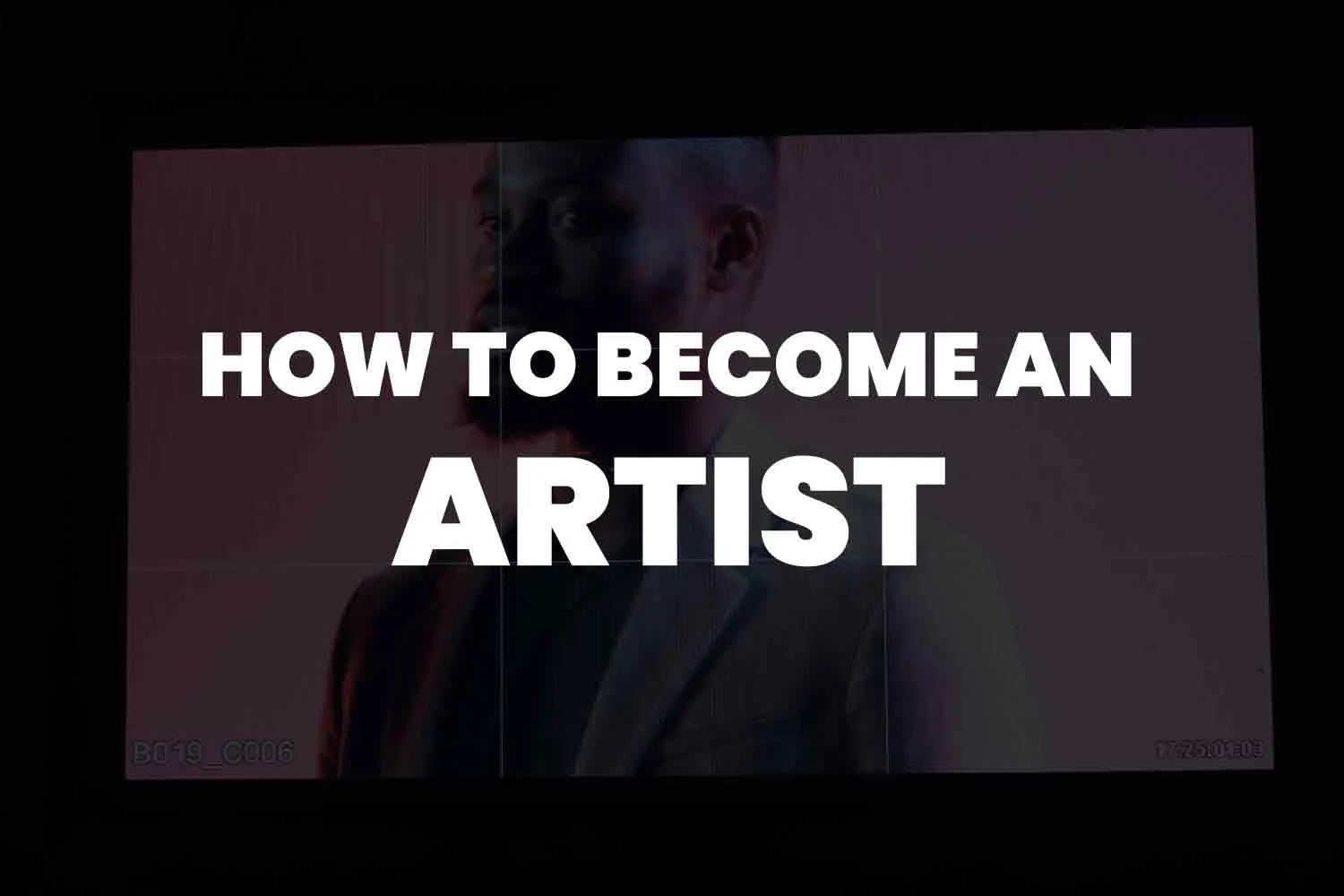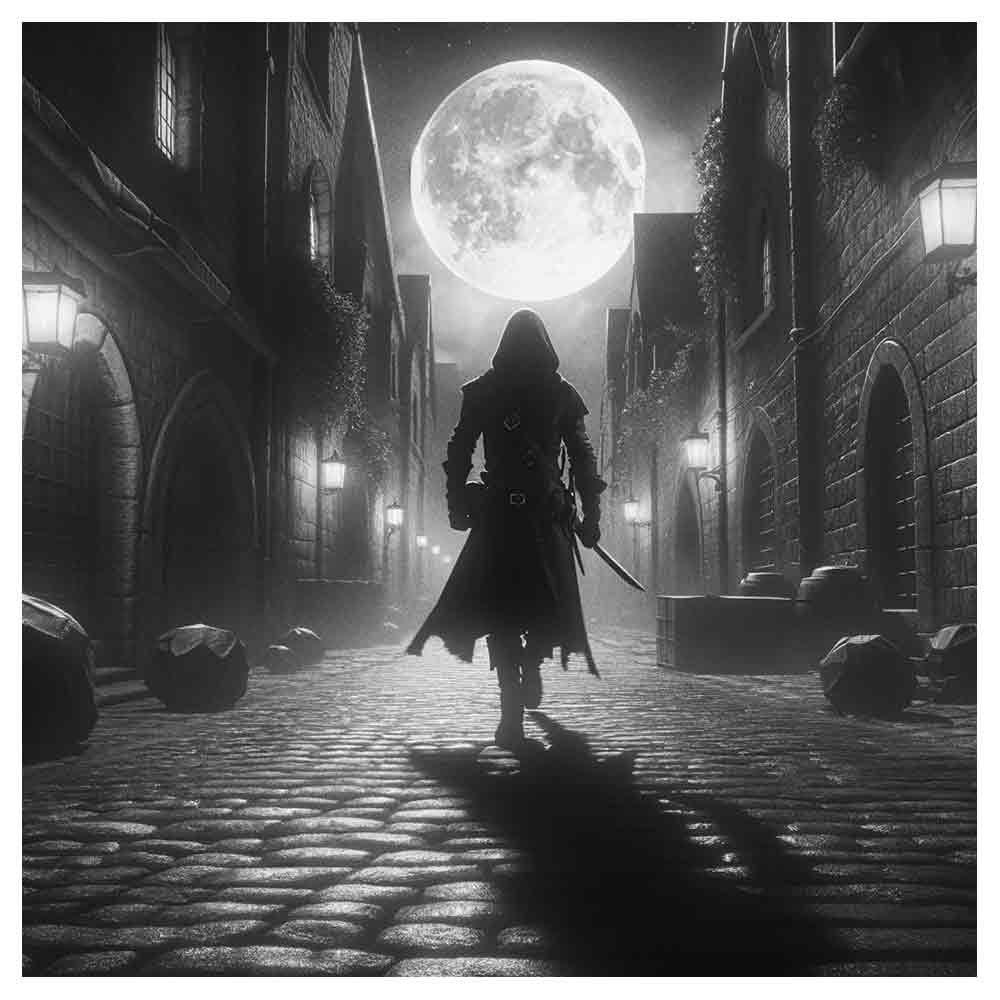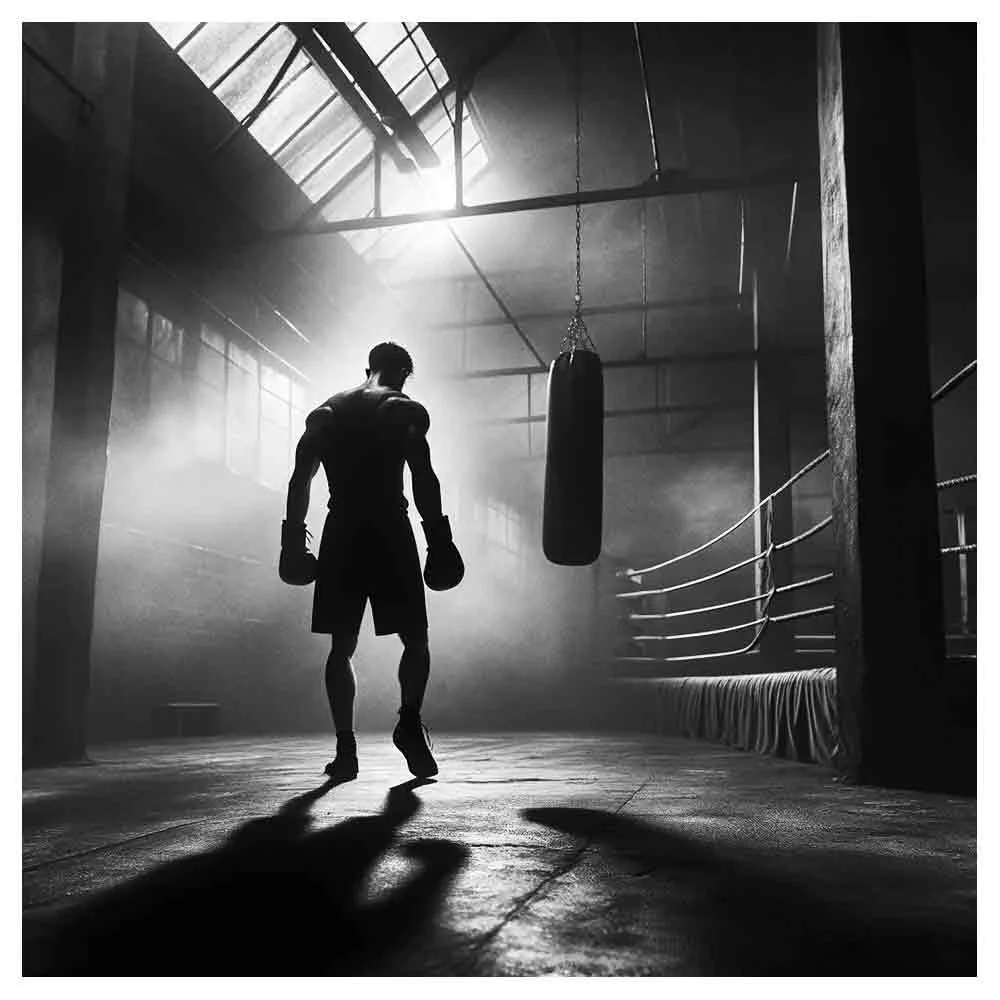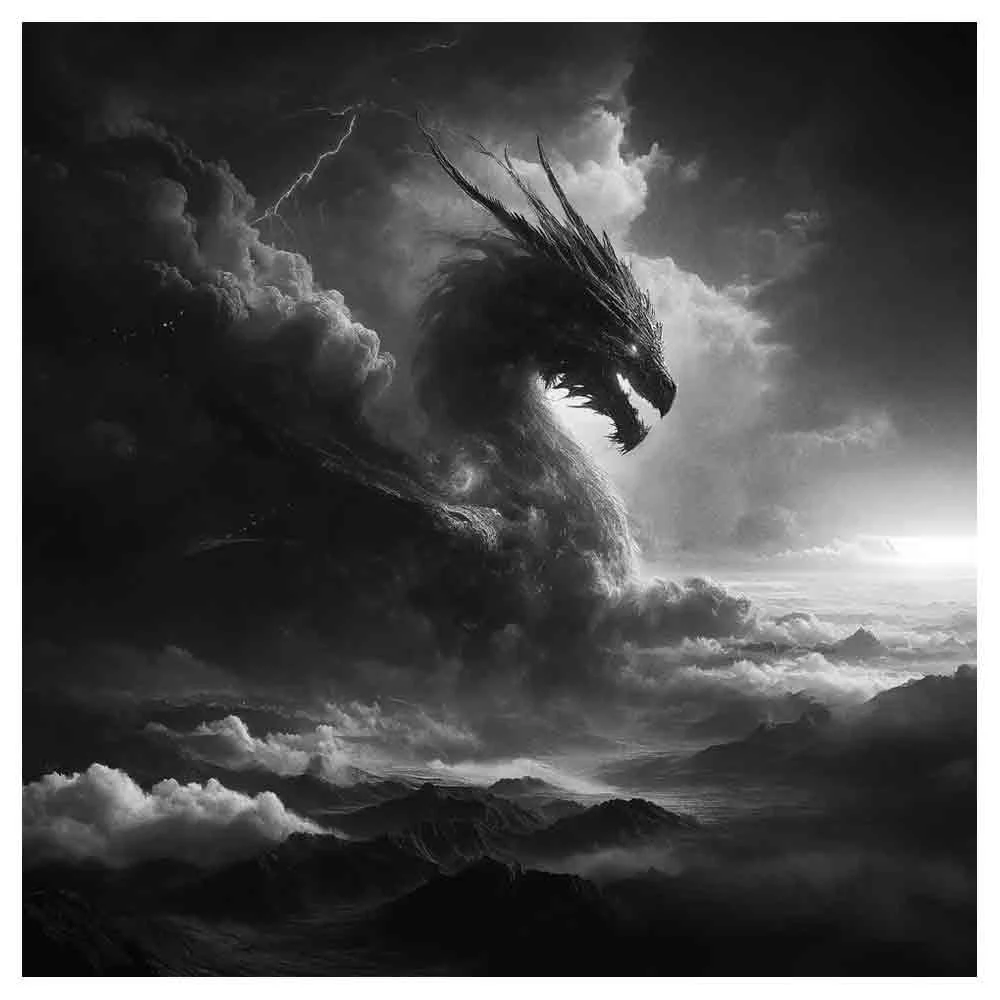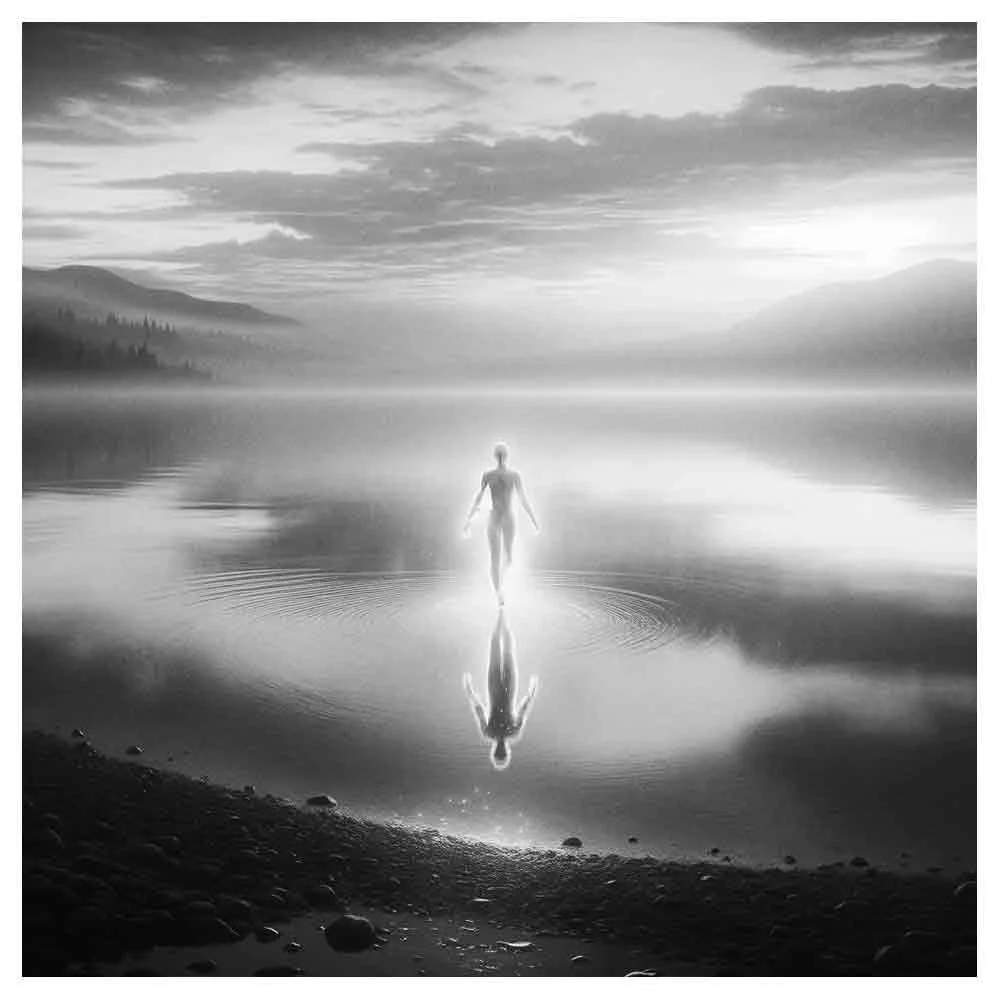How To Become An Artist: A Comprehensive Guide
Do you dream of becoming an artist? Pursuing a career in the arts might seem daunting, but with dedication, persistence, and the right approach, it is possible to turn your passion for making art into a profession.
In this guide, I will cover everything you need to know to embark on becoming a successful artist.
Discovering Your Passion
Before diving into the world of professional art, it's essential to identify your artistic passions and explore various artistic styles.
This exploration will help you determine the specific area of art you want to pursue, whether it be painting, drawing, graphic design, or another discipline within the visual arts.
Types of Artists
There are countless artistic disciplines to explore. Here are just a few examples:
Fine artists create art for art's sake, often focusing on traditional mediums like painting and sculpture.
Graphic designers: These professionals use digital tools to create visual content for various industries, such as advertising and marketing.
Art therapists: use the creative process to help individuals express themselves and cope with emotional or mental health issues.
Experiment with Different Techniques
As you explore various artistic styles, experiment with different techniques to find the ones that resonate with you.
Trying new methods will help you develop your unique artistic voice and give you a broader perspective on the creative process.
Education and Training
While some artists are self-taught, many pursue a formal education in art. Attending an art school or university program can help you develop your skills, learn new techniques, and make valuable connections with experienced artists in the art world.
Degree Options
Bachelor's degree: A four-year undergraduate program that typically covers a range of core subjects related to art, such as art history, drawing, and painting.
Master's degrees: Advanced degrees that allow artists to specialize in a specific discipline, such as fine arts or graphic design.
Alternatives to Formal Education
If a traditional degree program is not the right fit for you, there are other options to consider:
Art classes: Local art supply stores, community centers, and online platforms offer a variety of courses focused on specific techniques or mediums.
Workshops and seminars: These short-term educational experiences can help you learn new skills and techniques in a more focused environment.
Mentorship: Connecting with an experienced art teacher or fellow artists can provide valuable guidance and support as you develop your artistic abilities.
Developing Your Artistic Skills and Techniques
Becoming an accomplished artist requires consistent practice and a commitment to developing your skills. Here are some strategies to help you improve your craft:
Create art regularly: Establish a routine that allows you to consistently work on your art, whether setting aside a few hours each day or dedicating a specific day to focus on your creative projects.
Take on challenges: Push yourself out of your comfort zone by experimenting with new techniques, mediums, or subject matter. Embrace the learning process and be open to making mistakes.
Seek constructive criticism: Share your work with other artists, friends, or mentors, and be receptive to their feedback. Use this input to refine your work and grow as an artist.
Attend workshops and conferences: Participate in industry events to stay current with your chosen discipline's latest trends, techniques, and tools.
Building a Network and Establishing Your Art Career
In addition to honing your artistic abilities and studying art further, building a network of like-minded artists, art professionals, and potential clients is essential.
This network can help you access valuable resources, career advice, and job opportunities.
Networking Strategies
Participate in local art events: Attend art galleries, art fairs, and open studios to meet local artists and professionals in your community. These events can also help you gain exposure for your work.
Join online forums and social media groups: Connect with other artists and art enthusiasts through online platforms. Share your work, engage in discussions, and ask for feedback from your peers.
Collaborate on projects: Work with fellow artists on group projects or art shows to build relationships and gain experience in different aspects of the art world.
Establishing Your Art Career
Create a portfolio: Compile a professional collection of your best work to showcase your skills and artistic style. An online portfolio can help you reach a wider audience and attract potential clients or gallery representation.
Promote your art: Use social media, websites, and email newsletters to share your work and inform your audience about your latest projects and upcoming events.
Pursue freelance projects: Many artists begin their careers by working on freelance projects or on a contract basis. This approach can help you gain experience, develop a client base, and earn income while building your portfolio.
Seek representation: Establish relationships with art galleries or art agents who can help promote and sell your work.
Additional Tips for Success
Here are some final suggestions to help you on your journey to becoming a successful artist:
Be persistent: Building an art career takes time and may encounter setbacks. Stay focused on your goals and remain committed to your artistic growth.
Stay organized: Manage your time effectively and keep track of deadlines, client information, and other essential details related to your art career.
Invest in quality art supplies: While it may be tempting to cut costs on materials, investing in high-quality art supplies will help you produce better work and achieve more professional results.
Stay inspired: Surround yourself with sources of inspiration, such as visiting museums, attending art events, or following the work of established artists you admire. Continuously feed your creativity, and never stop learning.
Dedication, persistence, and the right strategies can turn your passion for art into a fulfilling career.
Remember that becoming a successful artist is a journey, and each step you take brings you closer to achieving your artistic dreams.
Embrace the process, stay true to your unique creative voice, and never give up on your ideas and aspirations.
Frequently asked questions about how to become an artist (FAQs)
Do I need a formal education to become an artist?
While many artists pursue formal education through art schools or university programs, it is not a strict requirement.
Many successful artists are self-taught or have gained skills through workshops, mentorships, and online resources.
How long does it take to become a professional artist?
The timeline for becoming a professional artist can vary greatly depending on factors such as your starting skill level, the amount of time you dedicate to practice, and the opportunities available in your chosen field.
Being patient and persistent is essential, as building a successful art career typically takes time and dedication.
How can I improve my artistic skills?
Regular practice, experimenting with new techniques, seeking constructive criticism from fellow artists, and attending workshops or classes can all help you develop your artistic skills.
Staying committed to your growth and pushing yourself out of your comfort zone is vital to becoming a better artist.
How do I build a network in the art world?
Networking is crucial for establishing an art career. Attend local art events, join online forums and social media groups, collaborate on projects with fellow artists, and engage with your local art community.
Building relationships with other artists, art professionals, and potential clients can provide valuable opportunities and support.
How can I make money as an artist?
There are various ways to generate income as an artist, including selling original artwork, prints, or merchandise, working on freelance projects or commissions, and teaching art classes or workshops.
Many artists also seek gallery representation or work with art agents to help promote and sell their work.
How do I create a professional portfolio?
A professional portfolio should showcase your best work and highlight your artistic style. Compile a collection of high-quality images of your artwork and organize them in a visually appealing and easy-to-navigate format.
Consider creating both a physical and online portfolio to reach a broader audience and attract potential clients or gallery representation.
How can I promote my art and gain exposure?
Use social media, websites, and email newsletters to share your work and inform your audience about your latest projects and upcoming events.
Attend art fairs, open studios, and other local art events to showcase your work and connect with potential clients, galleries, or agents.
Networking and collaboration with other artists can also help you gain exposure and establish your presence in art.
How do I find my unique artistic style?
Developing a unique artistic style takes time and exploration. Experiment with different mediums, techniques, and subject matter to discover what resonates with you.
Regular practice and learning from other artists and art movements can also help refine your style and establish a distinct creative voice.
Should I specialize in one artistic discipline or explore multiple disciplines?
This decision depends on your personal preferences and career goals. Some artists specialize in a specific discipline, such as painting or graphic design, to hone their skills and establish a niche in the market.
Others may prefer to explore multiple disciplines to diversify their skills and gain a broader perspective on the creative process.
Ultimately, the choice is yours, and you may find your path evolving as you grow and learn as an artist.
How do I price my artwork?
Pricing artwork can be challenging, especially for emerging artists. Factors to consider include the cost of materials, the time spent creating the piece, your level of experience, and the prices of similar works by other artists.
It's essential to balance pricing your work competitively and ensuring that you are fairly compensated for your time and effort in creating art.
How do I protect my artwork from copyright infringement?
Registering your artwork with the appropriate government copyright office can provide legal protection against unauthorized reproduction or use of your work.
Additionally, including a copyright notice on your portfolio, website, and social media profiles can remind others that your work is protected.
If you suspect copyright infringement, consult a legal professional to explore your options for addressing the issue.
How can I overcome creative block?
Creative block is a common challenge faced by artists. Strategies for overcoming creative block may include:
Taking breaks.
Changing your environment.
Seeking inspiration from other art forms or artists.
Setting small achievable goals.
Experimenting with new techniques or mediums.
Remember that creativity is usually ebb and flow, and giving yourself time and space to recharge can help you overcome these challenges.
Can I make a living as a full-time artist?
While making a living as a full-time artist can be challenging, hard work, dedication, and strategic planning can be possible.
Diversifying your income sources, building a solid network, and consistently promoting your work are all essential factors in establishing a sustainable art career.
Remember that it may take time to reach this goal, and many artists balance their creative pursuits with other jobs or freelance work until they can transition to full-time art careers.
